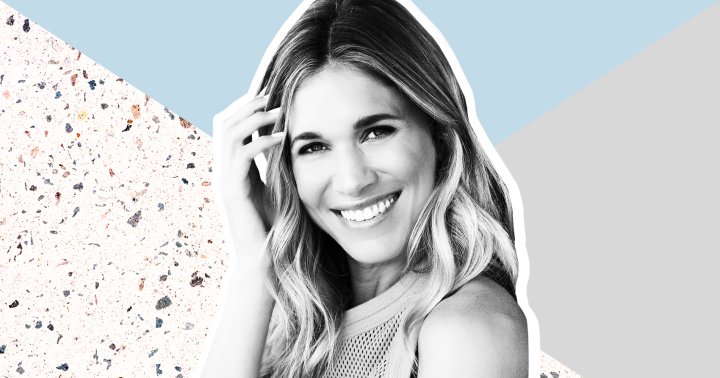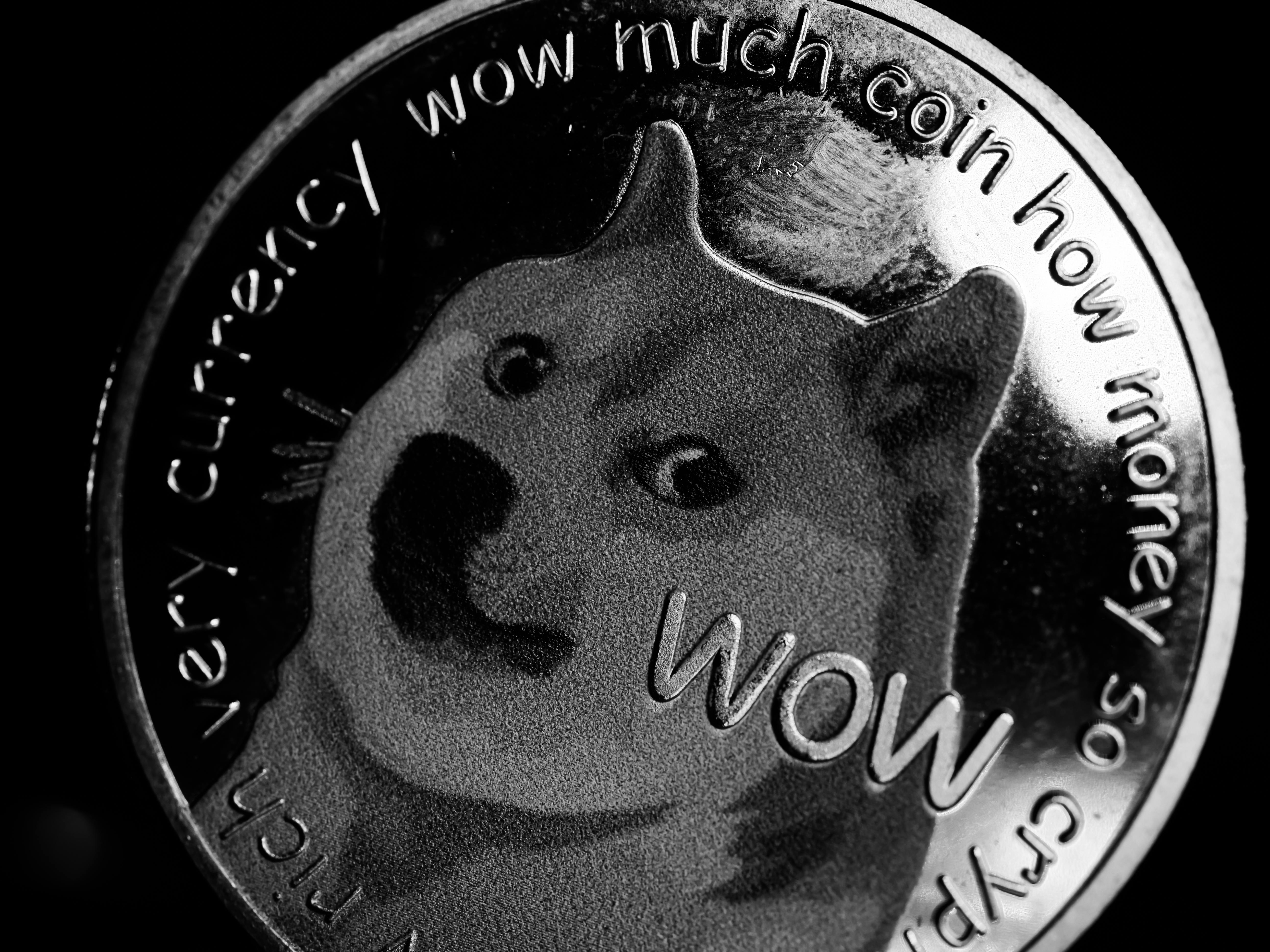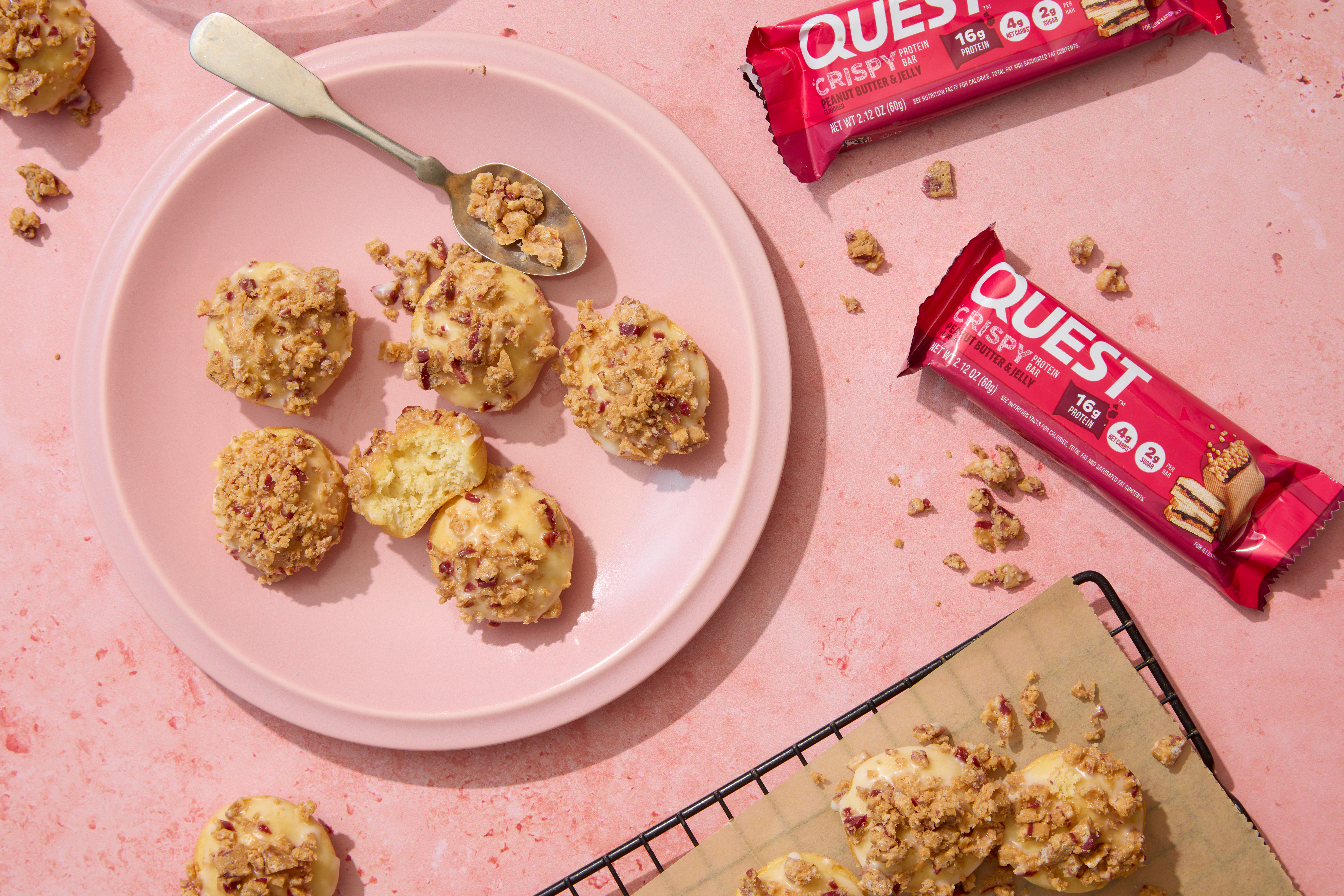This May Be The Root Cause Of Dull, Aging Skin — What To Do About It
With age, the skin goes through structural changes.

Advertisement
This ad is displayed using third party content and we do not control its accessibility features.

mbg Beauty Director
mbg Beauty Director
Alexandra Engler is the beauty director at mindbodygreen and host of the beauty podcast Clean Beauty School. Previously, she's held beauty roles at Harper's Bazaar, Marie Claire, SELF, and Cosmopolitan; her byline has appeared in Esquire, Sports Illustrated, and Allure.com.
With age, the skin goes through structural changes. For example, and quite notoriously, the skin loses collagen starting at some point during the mid-to-late twenties. This decline continues at a rate of about 1% per year1 thereafter. Collagen loss is the root cause of many of the skin concerns commonly associated with aging, such as sagging, loss of firmness, and wrinkles. But it’s not the only change your skin experiences. Unfortunately, production slows of many skin components such as ceramides, elastin, fatty acids, and hyaluronic acid. Gasp. Yes, you read that right the skin loses its natural supply of hyaluronic acid (HA), the buzzy skin care ingredient found in serums, eye creams, moisturizers, and supplements. And unfortunately, HA decline not only leads to dehydrated skin, but it also may lead to skin appearing less bright, supple, and dewy. What to know about hyaluronic acid loss with age
As noted, HA is a very buzzy topical skin care ingredient often found in face creams, serums, and supplements. It’s become a staple skin care ingredient over the last few years largely because it’s something that’s found naturally in the skin.
So that’s all the good stuff.
The bad news is that we lose our natural supply with age, and thus aren’t able to reap these benefits as effectively.
In fact, according to naturopathic doctor Nigma Talib, N.D. our body's natural reserve of HA diminishes7 greatly over time. She says that by the time we reach our 50s, we have just 50% of the HA we had during our younger days. In addition, UV damage can cause HA loss (all the more reason to wear sunscreen and practice smart sun care!).
Shocking stat:
By our 50s we lose half of our natural supply of hyaluronic acid. And with its loss, the skin becomes more lackluster, dry, and less supple.
How to infuse more hyaluronic acid into your skin
Luckily, there are things to be done about HA decline, including both internal and external. And research backs up their use.
The most popular are topical products, such as serums and creams, which can flood the skin with hydration. Studies of topical HA products8 have shown that use for as little as two weeks can result in skin that's more hydrated, softer, and more elastic than skin not treated with topical HA.
Other research shows that HA formulas can enhance skin hydration by up to 55%9, thus improving skin tone, brightness, supplements and volume.
But it’s not just topical, studies indicate that oral administration (aka supplements) can also increase skin hydration and improve appearance. One randomized double-blind, placebo-controlled study found that supplementing with HA significantly increased skin hydration.
The verdict: HA loss is common with age, but skin care and supplements may help
The unfortunate truth is that we lose HA as we get older—in fact we have only about 50 percent of our natural supply by the time we hit our 50s. This decline can be attributed to dryness, dullness, and loss of supplements. If you’re experiencing these symptoms (especially if you’re nearing your 50s) consider folding in an HA supplement or serum.

 AbJimroe
AbJimroe 































